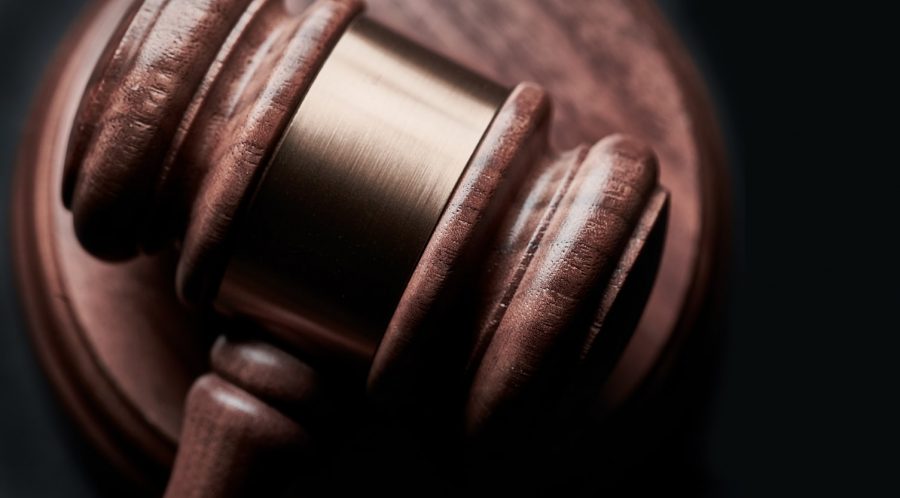Judges need to treat everyone fairly without favoring either the plaintiff or defendant. The judge needs to make a fair ruling based on the solid evidence provided. Unfortunately, the judge may favor one side. If you’ve gone through a court proceeding and feel that the judge didn’t treat you right, you can take further legal steps. Here is what to do.

File a Complaint to the Commission
There are instances where you can file a complaint with the commission after a court case. If the judge did not give you time to speak, ask questions, or raise sensitive and valid concerns. The judge may also have been unfair to you because of your race, religion, gender, or financial status. These are good incidents where you can file a complaint with the commission for further hearing.
Seek Recusal for Conflict of Interest
You have the right to ask the judge not to be part of the case if you notice they are a relative or friend to the other party. This can lead to a conflict of interest since the judge will likely favor the other party. For instance, if you’re accused of drug possession but you feel you are innocent, yet, the judge goes on to rule against you, you can seek recusal and hire a drug possession lawyer to stand in the gap for you. If not, the judge may rule in favor of the other party, and you may end up in prison.
File Appeal and Escalate the Ruling to the Higher Court
If you’re not satisfied with the judges’ ruling, you can file an appeal and let the case go to the higher court. Your request will indicate that the judge was unfair in the final hearing and made the ruling without focusing on the evidence you provided. If the appellate determines that the judge was not fair in the verdict, the case will be terminated and sent back to the lower court to allow a new hearing and ruling that does not appear biased.
File Motion for Reconsideration
When you notice that the judge was not fair in the ruling, you can file a motion for reconsideration. You will write a brief, giving reasons why you need reconsideration for the case. This will include why you think the ruling was biased. You are expected to file the reconsideration within the court’s timelines after the verdict. This is why you should check with your state requirements because the timelines differ per state.
It is crucial to know your rights when attending any court case, whether you’re a plaintiff or defendant. This will help you understand what to do if the judge becomes biased during the ruling. The tips above can help you get a fair hearing and probably win the case.